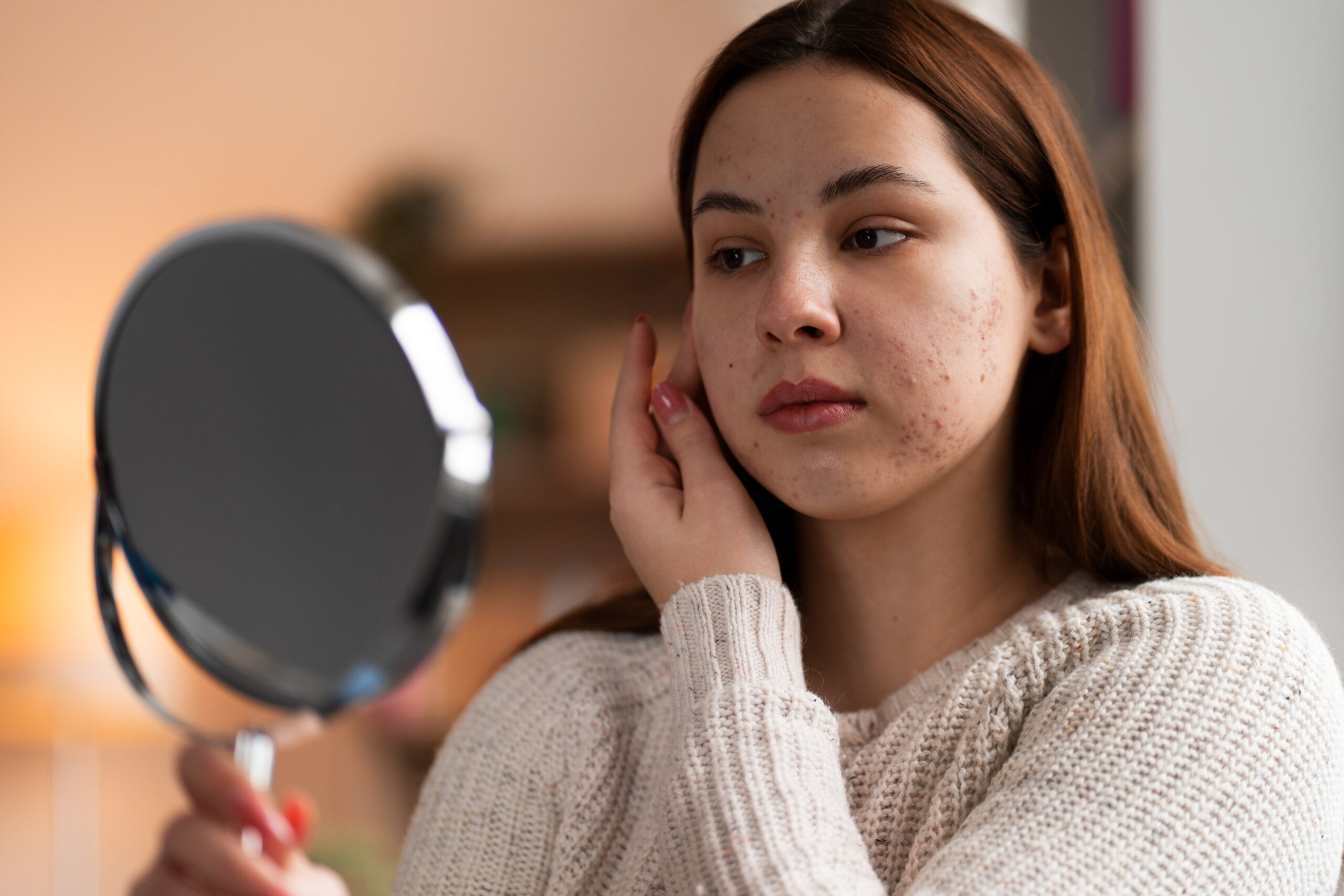Acne is a common skin condition that affects millions of people worldwide, regardless of age or gender. Often misunderstood and sometimes stigmatized, acne can be a source of frustration and embarrassment for those who suffer from it. In this blog post, we will take a comprehensive look at acne, including its causes, treatments, and prevention strategies.
What is Acne?
Acne is a skin condition that occurs when hair follicles become clogged with oil and dead skin cells. It is most commonly found on the face, neck, chest, back, and shoulders. Acne can manifest as whiteheads, blackheads, pimples, or cysts, and it can range from mild to severe. Accutane for acne is best to get rid of cure.
Causes of Acne
Several factors can contribute to the development of acne, including:
- Excess Oil Production: When the sebaceous glands produce too much oil, it can clog pores and lead to acne.
- Bacteria: Propionibacterium acnes, a type of bacteria that lives on the skin, can multiply and cause inflammation, leading to acne.
- Hormonal Changes: Hormonal fluctuations, such as those that occur during puberty, menstruation, pregnancy, or due to hormonal disorders, can contribute to acne.
- Genetics: Acne can run in families, suggesting a genetic component to the condition.
- Diet: Some studies suggest that certain foods, such as dairy products and foods high in carbohydrates, can worsen acne in some individuals.
- Stress: While not a direct cause, stress can worsen acne by triggering hormonal changes that increase oil production.
Treatments for Acne
The treatment of acne depends on the severity of the condition. Mild acne can often be managed with over-the-counter products containing ingredients like benzoyl peroxide, salicylic acid, or sulfur. These products can help to unclog pores and reduce inflammation.
For moderate to severe acne, prescription medications may be necessary. These may include:
- Topical Retinoids: These medications help to unclog pores and prevent new acne lesions from forming.
- Oral Antibiotics: Antibiotics can help to reduce inflammation and kill bacteria associated with acne.
- Oral Contraceptives: For women, certain birth control pills can help to regulate hormones and improve acne.
- Isotretinoin: Isotretinoin 20mg is a powerful medication reserved for severe, cystic acne that has not responded to other treatments. It is highly effective but can have serious side effects, so it must be used under close medical supervision.
Prevention of Acne
While it may not be possible to prevent acne entirely, there are steps you can take to reduce your risk and improve your skin health:
- Cleanse Gently: Avoid harsh scrubbing or washing your face too frequently, as this can irritate the skin and worsen acne.
- Moisturize: Use a non-comedogenic moisturizer to keep your skin hydrated without clogging pores.
- Avoid Touching Your Face: Touching your face can transfer bacteria and irritate the skin, leading to acne.
- Eat a Healthy Diet: While the link between diet and acne is still being studied, eating a balanced diet rich in fruits, vegetables, and whole grains can promote overall skin health.
- Manage Stress: Stress can worsen acne, so finding healthy ways to manage stress, such as exercise, meditation, or yoga, can help.
FAQ:
Is acne hereditary?
Yes, there is a genetic component to acne. If your parents or siblings have had acne, you may be more likely to develop it as well.
Can certain foods cause acne?
Some studies suggest that certain foods, such as dairy products and foods high in carbohydrates, can worsen acne in some individuals. However, more research is needed to fully understand the relationship between diet and acne.
How can I prevent acne?
You can help prevent acne by maintaining good skin hygiene, avoiding excessive scrubbing or touching of the face, using non-comedogenic skin care products, and managing stress levels. Eating a balanced diet and staying hydrated can also promote skin health.
In conclusion, acne is a common skin condition that can be both physically and emotionally challenging. By understanding the causes of acne, exploring treatment options, and adopting preventive measures, you can take control of your skin health and achieve clearer, healthier skin.











